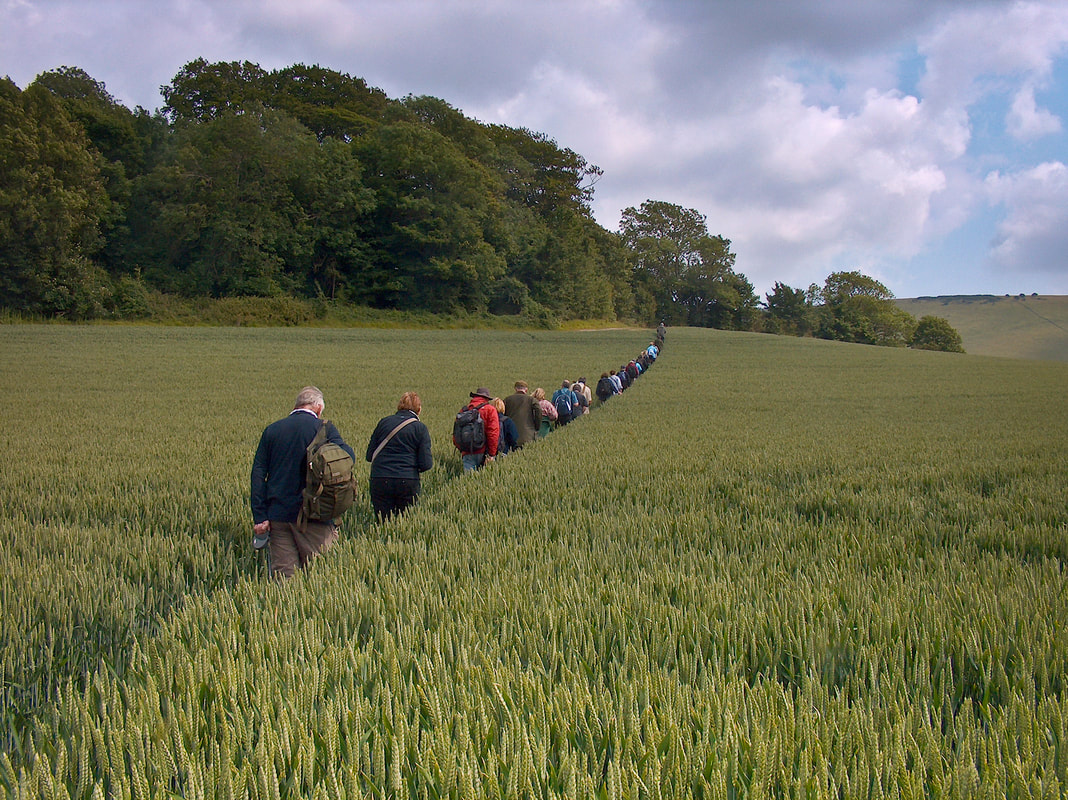The strap line was recently dropped for unknown reasons, however it is interesting to note the CLA in launching its latest campaign, has titled it ‘the countryside matters’. Perhaps recognising it is picking up part of the baton sadly abandoned by the Society.
In the CLA’s case I am sure their campaign is well intended, but their qualifying statement, ‘Landowning rural businesses are working day in, and day out to deliver public benefits across our countryside’, unfortunately has unintended consequences, leaving the public increasingly confused.
The CLA and the South Downs National Park Authority hold the belief that the ‘countryside’ is mainly for the benefit of the public. They explain that farmers maintain the traditional landscape, planting and protecting trees, enhancing wildlife, and delivering a high standard of animal welfare. There is little mention that the British countryside is beautifully maintained because farmers always have done so, and produce food there.
These ‘worthy’ organisations peddle the notion that traditional farming and food production should play second fiddle to allowing public access to the countryside. Are they trying to justify support funding for farmers, the result being subsidised food in the supermarkets - a public benefit? Or, is there a plan to blur the lines regarding who owns the land?
As has been demonstrated during the lambing season, all too graphically, the public, farm livestock and growing crops ,do not rub along comfortably. Neither does allowing public open access to wander freely across farmland, support or protect wildlife. Most farmers’ leave 6 metre margins around arable fields, to encourage ground nesting birds and wildlife such as voles.
The public perversely believe these margins are established for their benefit, where they allow dogs to run wild instead of keeping to official footpaths. At Ote Hall they also regularly drive quad bikes, not only on headlands but through the standing crops. Which, surprise, surprise, are no longer standing!
These organisations need to decide their priority. Do they want farmers to produce food, protect and enhance the countryside and environment, including wildlife, flora and fauna? Or, do they want us to be municipal park keepers, allowing public access, driving wild life away, trampling over the wildflowers, picnicking and leaving their rubbish behind, and driving their quad bikes across fields where there are no footpaths, let alone bridle paths? They need to decide.
Alison Pearson’s column in last week’s Daily Telegraph, questioned why the government prefers to employ foreign doctors and nurses. 6,000 foreign doctors registered to practise in the UK last year, many unable to speak English, while our brightest young Britons are being denied the chance to train as doctors, despite the ‘crippling’ national shortage of medics.
Increasingly straight – A, British, English speaking students are refused entry to our Universities to study medicine. As a leading businessman said, “They are denied a place because they are not foreign or disadvantaged”. It is time the Education Minister took a grip.
This made me reflect upon farmers and growers who are concerned about attracting enough workers within the industry, post Brexit.
There are huge opportunities with advances in technology, including robotics and advanced engineering with machinery, to attract British students of all abilities, and young people from city centres, into a career in the agricultural sector.
The pay and conditions for seasonal work and full time, must reflect the importance of this vital industry. Perversely with food production, it is the market which sets the price – top down. It is time the true value of food was recognised and producers rewarded appropriately.


 RSS Feed
RSS Feed